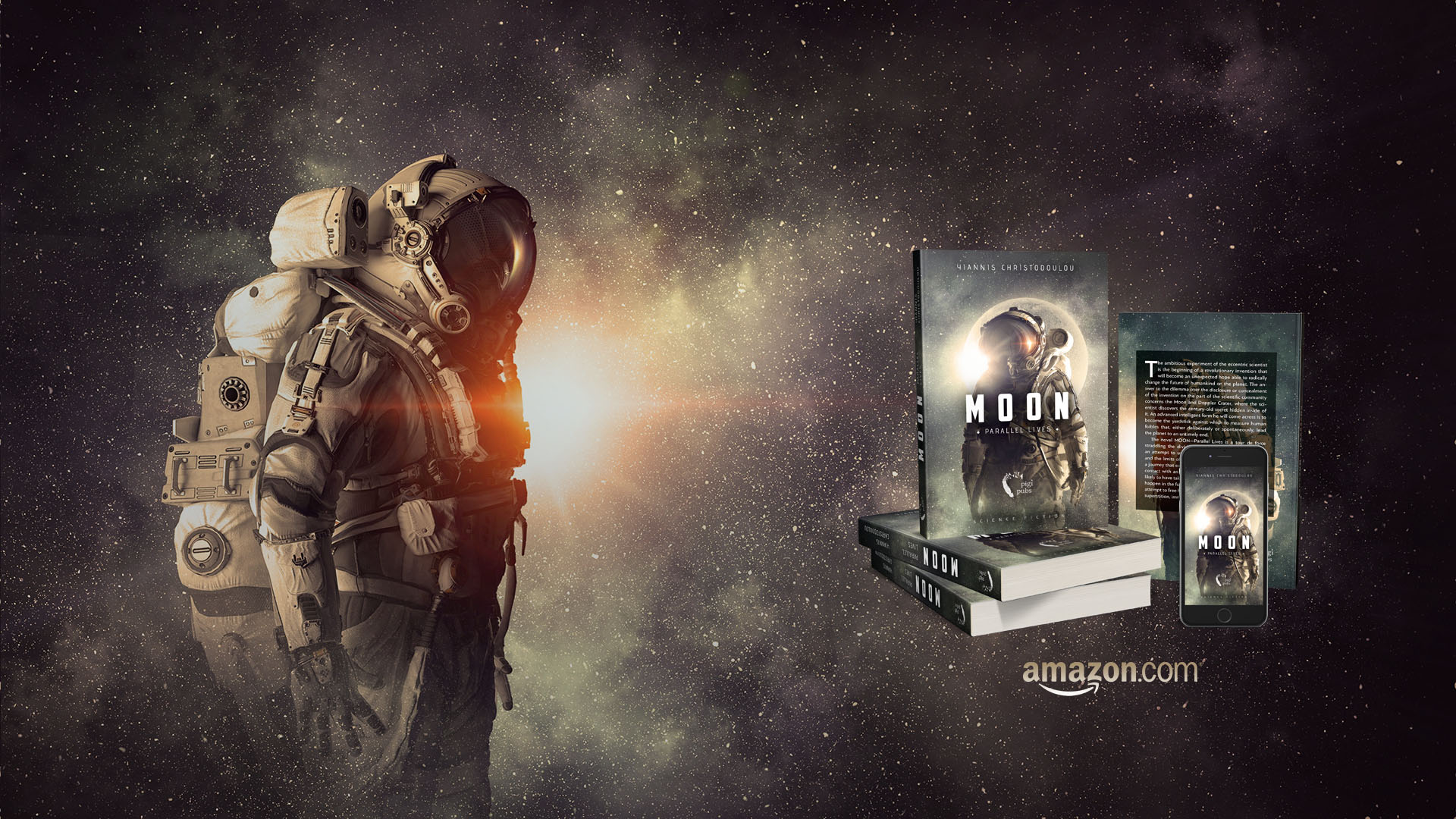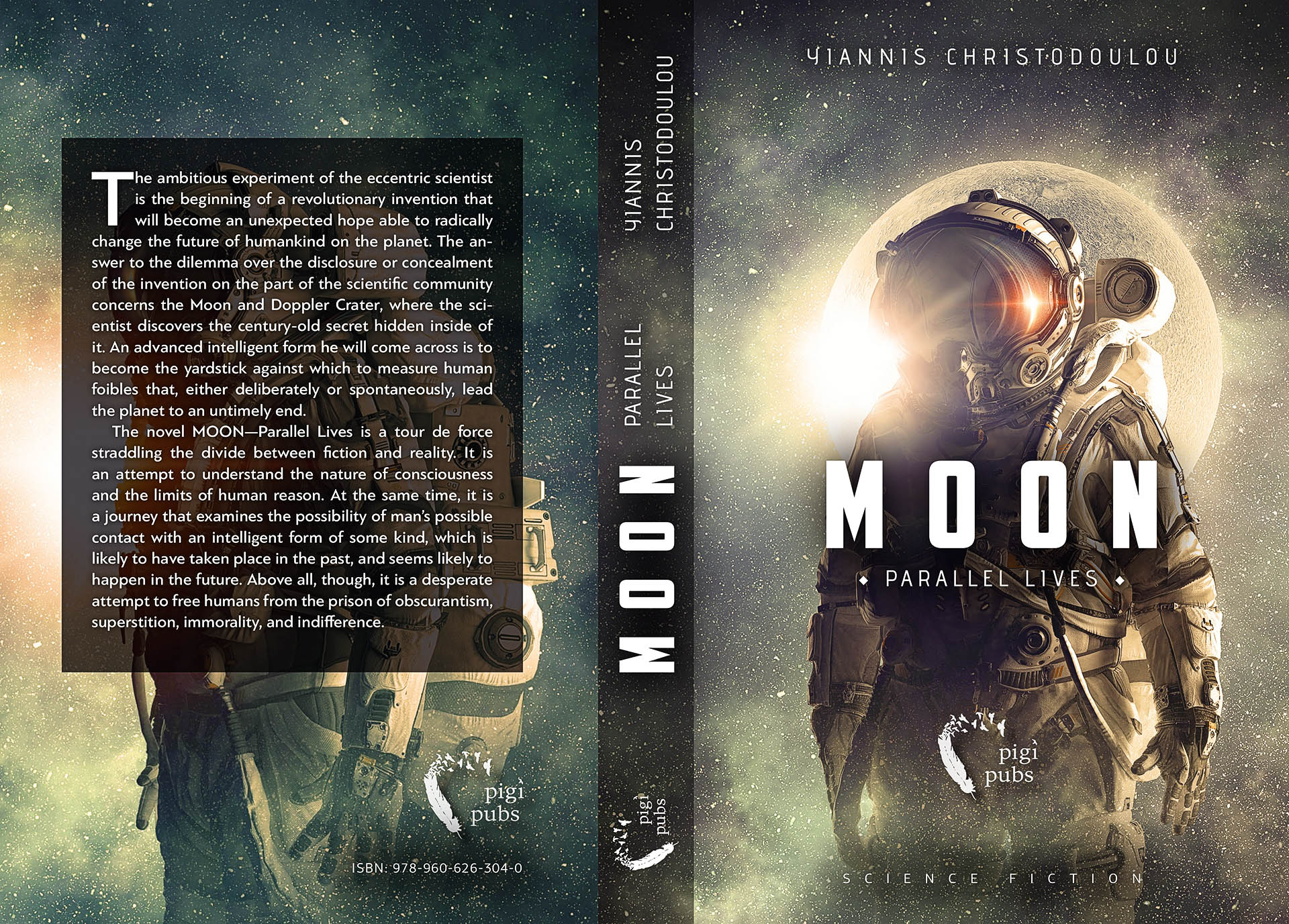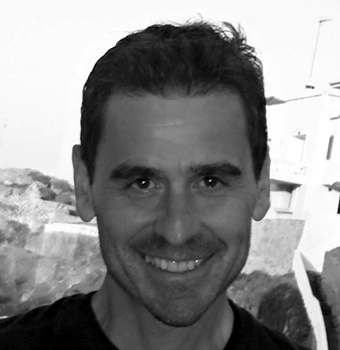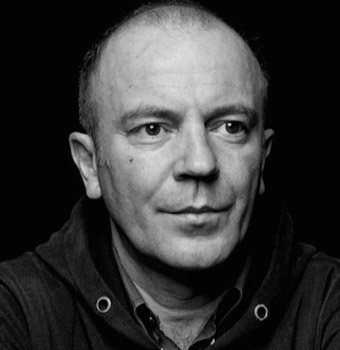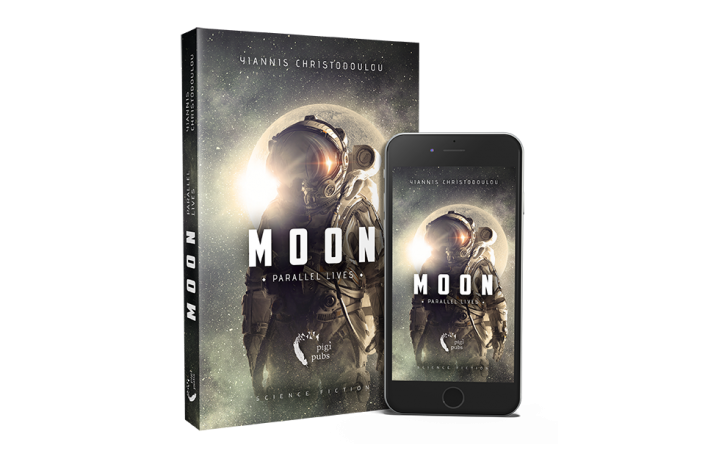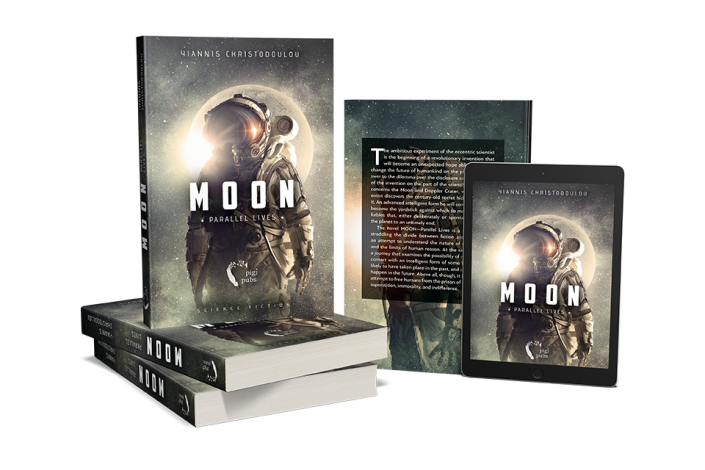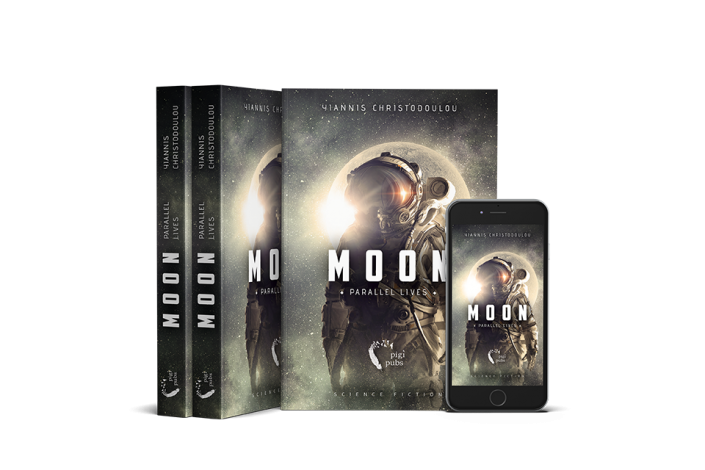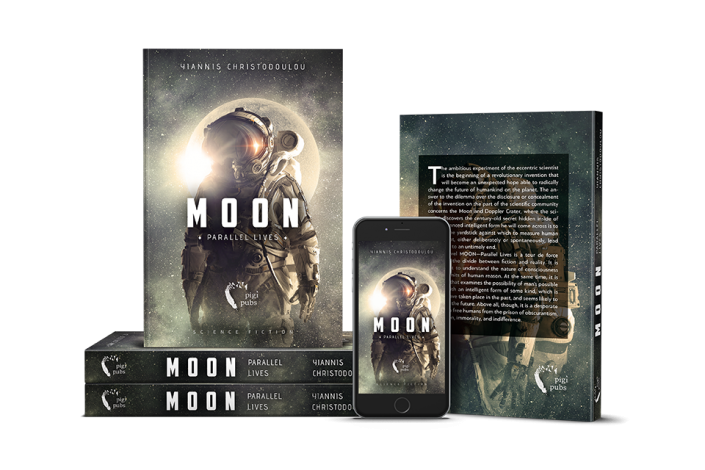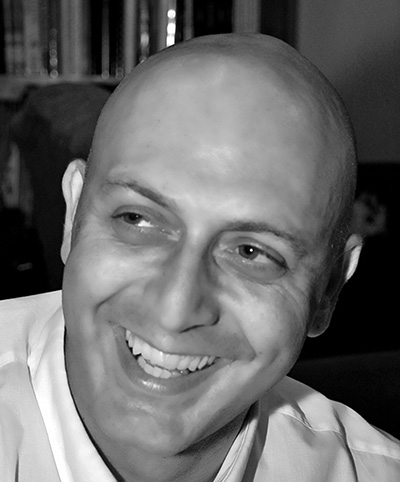Magnitote pueri, sic itur ad astra…
Take heart, children. That is how you reach the stars…
IOANNIS SPILIOPOULOS – Lawyer
 What can be considered ‘science fiction’? Science is valid knowledge and proven rules. Conversely, imagination is a realm of situations and images of logic, speculation, and desirable truth, which exists as a notion and can exist—and may be valid—as a reality, but first it must be proven. Scientific imagination is exactly this intermediate stage between established science (that is valid knowledge with proven rules) and imagination that awaits scientific evidence in order to be rendered science as well, that is knowledge.
What can be considered ‘science fiction’? Science is valid knowledge and proven rules. Conversely, imagination is a realm of situations and images of logic, speculation, and desirable truth, which exists as a notion and can exist—and may be valid—as a reality, but first it must be proven. Scientific imagination is exactly this intermediate stage between established science (that is valid knowledge with proven rules) and imagination that awaits scientific evidence in order to be rendered science as well, that is knowledge.
Were Jules Verne’s novels deemed to be ‘scientific imagination’ at their time, that is in the mid-19th century, when they were published? They definitely were, since they mentioned unheard-of ideas, like submarines in the depths of the oceans, and a water-fuelled voyage to the Moon. A couple of generations later, though, his works were supposed to be ‘classic’ novels whose content was no longer jarring, since what is described in them proved to be real and they are now considered to be a mainstay of science.
In light of all this, it is probably not prudent to jump to conclusions, and a priori underestimate science fiction literature as many a time their content can prove original and subversive in terms of a spiritual quest, while at the same time being the object of future scientific inquiry and implementation.
As the author of the present novel, Yiannis Christodoulou, believes (and I throw in my lot with him): “This is the ‘fateful’ as well as beautiful thing about science. The need to cancel itself out, so as to evolve. If it didn’t have this ability, it would simply be a religion or a doctrine impervious to time. There would be no development, and humanity would be limited to prayers, in hopes that it would enjoy the help of a ‘deus ex machina’. To my mind, this is what the evolution of our species hinges upon: questioning, imagination, and logic.”
The mention alone in the first pages of the text of ‘hosohedra and hosohedral universes’ and that ‘there is no time at any point in the future’ is ample to inflame the reader’s imagination as to what is to come next. Apart from its adventurous—and often unpredictable—plot, what is also intriguing are the author’s theoretical conceptions of the theory of Tele-matter and effigies as well as the energetic quasi-independence of the experimental spaceship TELEMAT.
However, since there is life besides science and the various scientific references, one can trace in MOON—Parallel Lives some particular approaches and outlooks on life. For instance, the main character’s predicaments and doubts regarding whether he should share his discoveries and knowledge, or his wish to complete his mission to save the Earth, risking life and limb, ignoring multiple indications and warnings (one wonders, how many people would really put their lives on the line for the sake of their fellowmen as well as their planet?).
Or even the torturous and, at the same time, reasonable questions with regard to extraterrestrials: “Why should this knowledge be kept secret from humanity if aliens’ intentions didn’t pose any threat to humans and their planet? Why do aliens want to go unnoticed if they had the kind of virtue and morality that would urge them to collaborate only with a bunch of humans, and not all of them? What stopped them from doing this? What were they afraid of?”
The final discoveries are staggering—not because the protagonist is infallible (we are really fed up with ‘infallible’ protagonists), but because, despite his wrong choices, the results of these choices can be reversed by the power of his earthly spirit and human soul.
In conclusion, reading MOON is just as incredible and pleasurable as actually setting off on a space travel without knowing the final destination. There is no fixed route, since the rules and principles of this journey have not been defined yet, while the end (in its double meaning of ‘purpose’ and ‘termination’) remains indeterminate through to the…end.
After all, who can tell with absolute certainty and scientific knowledge nowadays that what the writer mentions and describes in his work is wrong and/or there are no aliens who interact with our society?
Therefore, the readers-trackers are in for a most glorious surprise; those who, equipped with science (knowledge, that is) as well as their fecund imagination, are called on to revel in reading MOON. After all, with the exception of unmanned spaceships, man as an entity reached only as far as the Moon (although chances are he may not even have landed there either, according to some conspiracy theories…)
If they want to take one step beyond the Moon, the daring ones must adopt and espouse as a firm belief the frontispiece of this foreword: “Take heart, children. That is how you reach the stars…”
Ioannis Spiliopoulos
Lawyer

